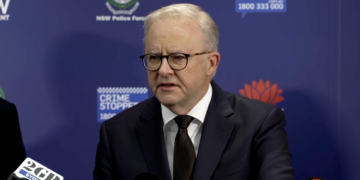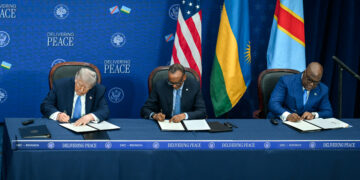On Thursday, January 9th, South Africa’s Sports Minister Gayton McKenzie backed calls for a boycott of Afghanistan in the upcoming ICC Champions Trophy, scheduled for February 21st in Pakistan. The match, where South Africa will face Afghanistan, has gained attention due to the Taliban’s ongoing restrictions on women’s rights since their return to power in 2021.
McKenzie expressed concern over Afghanistan’s treatment of women, urging Cricket South Africa to reconsider honoring the fixture. “Cricket South Africa, the federations of other countries and the ICC [International Cricket Council] will have to think carefully about the message the sport of cricket wishes to send the world, and especially the women in sports,” McKenzie said.
While McKenzie emphasized the moral duty to take action, he acknowledged that the decision to boycott the match ultimately rests with the cricket governing body. “It is not for me as the sports minister to decide whether South Africa should honour cricketing fixtures against Afghanistan. If it was my decision, then it certainly would not happen,” he added.
Reflecting on his own experience with racial inequality during South Africa’s apartheid era, McKenzie compared the oppression of women in Afghanistan to the injustices he faced. “As a man who comes from a race that was not allowed equal access to sporting opportunities during apartheid, it would be hypocritical and immoral to look the other way today when the same is being done towards women anywhere in the world,” McKenzie said.
Cricket South Africa responded by stating that it would follow the ICC’s guidance on the matter. The organization condemned the suppression of women’s rights in Afghanistan, saying, “CSA finds the treatment and suppression of women’s rights in Afghanistan abhorrent and firmly believes that women’s cricket deserves equal recognition and resources.” However, they stressed that decisions about Afghanistan’s participation must align with ICC regulations.
The call for action is not limited to South Africa. More than 160 British politicians have signed a letter urging the England and Wales Cricket Board (ECB) to join the boycott against Afghanistan. ECB Chief Executive Richard Gould responded by calling for a uniform approach from all cricketing nations toward Afghanistan’s participation. Australia, too, has faced similar pressures, having previously postponed a bilateral series with Afghanistan due to human rights concerns.
As the Champions Trophy approaches, the ICC and its member nations face a crucial decision. Their actions could send a strong message about human rights in sports.










